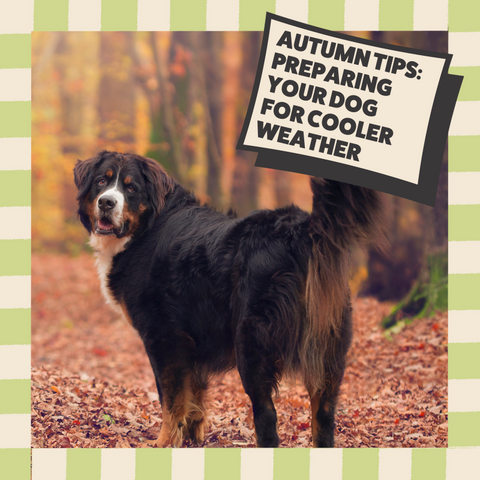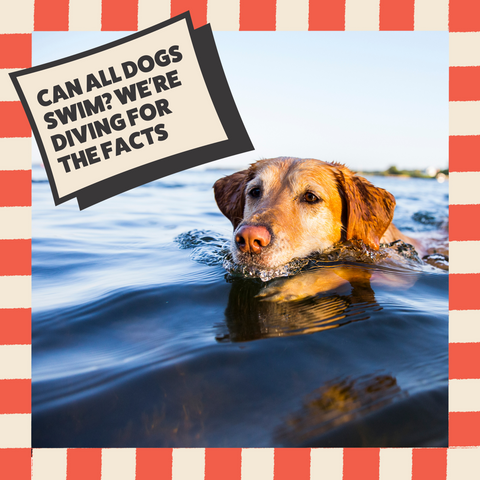Achieving Luscious Locks: A Quick Guide to Ensure Your Dog's Fur Stays Healthy
| News
Dogs, with their boundless energy and unwavering loyalty, are often considered members of the family. Just like any family member, their health and well-being are paramount. One key aspect of a dog's health that is often overlooked is the condition of their fur.
A shiny, healthy coat not only looks beautiful but also indicates overall wellness. So, let's delve into some essential tips on how to get your furry friend's coat looking its best.
Nutrition Matters:
Just like humans, dogs require a balanced diet to maintain good health, and this extends to the condition of their fur. A diet rich in essential nutrients like protein, omega-3 fatty acids, vitamins, and minerals is crucial for promoting healthy skin and a glossy coat.
Protein: Ensure your dog's diet includes high-quality protein sources such as chicken, turkey, beef, or fish. Protein is essential for building and repairing tissues, including those in the skin and coat.
Omega-3 Fatty Acids: These are vital for maintaining healthy skin and a shiny coat. Sources of omega-3 fatty acids include fish oil, flaxseed oil, and certain types of fish like salmon and sardines. You can add fish oil supplements to your dog's diet, but consult your veterinarian for appropriate dosage.
Vitamins and Minerals: A balanced diet should provide essential vitamins and minerals like vitamin E, vitamin A, zinc, and biotin, which are all important for skin and coat health. Commercial dog foods often contain these nutrients, but if you're feeding homemade or raw diets, ensure they are adequately supplemented.

Grooming Regimen:
Regular grooming not only keeps your dog looking tidy but also plays a significant role in maintaining the health of their fur and skin.
Brushing: Brushing your dog's coat regularly removes loose hair, dirt, and debris, preventing matting and tangling. It also stimulates the skin and distributes natural oils, promoting a healthy shine. The frequency of brushing depends on your dog's breed and coat type, but aim for at least a few times a week.
Bathing: Bathing your dog too frequently can strip their skin of natural oils, leading to dryness and irritation. However, regular baths are necessary to keep their coat clean and healthy. Use a mild, dog-specific shampoo and thoroughly rinse to prevent residue buildup. Again, the frequency of baths varies depending on your dog's lifestyle and coat type. We use the Artero shampoo and conditioner range in our salon, and sell smaller bottles for you to take home too!

Trimming and Haircuts: Some dogs, especially those with long or thick coats, may require regular trimming to prevent matting and keep their fur manageable. If you're not confident in trimming your dog's fur yourself, seek the assistance of a qualified and professional groomer.
Dietary Supplements: In addition to a balanced diet, certain dietary supplements can support skin and coat health. These may include omega-3 fatty acid supplements, biotin, Salmon Oil (which we sell in store!) or specialised skin and coat supplements. Consult your veterinarian before introducing any new supplements to your dog's diet.
In addition to proper nutrition and grooming, there are several other factors that can contribute to the health and appearance of your dog's fur:
Regular Exercise: Regular physical activity is essential for your dog's overall health, including their skin and coat. Exercise improves circulation, which promotes healthy skin and a shiny coat. Plus, it helps reduce stress, which can have a positive impact on your dog's coat condition.
Adequate Hydration: Just like humans, dogs need plenty of water to stay hydrated and maintain healthy skin and coat. Ensure your dog always has access to fresh, clean water to drink.
Environmental Factors: Environmental factors such as humidity, temperature, and pollution can affect your dog's coat. Try to provide a comfortable living environment for your dog, and consider using products like humidifiers or air purifiers if necessary.
Regular Veterinary Check-ups: Regular visits to the veterinarian are essential for monitoring your dog's overall health, including their skin and coat. Your vet can identify any underlying health issues that may be affecting your dog's coat condition and provide appropriate treatment.
Avoiding Irritants: Be mindful of potential irritants that could affect your dog's skin and coat, such as harsh chemicals in cleaning products or pesticides in the garden. Use pet-safe products whenever possible, and keep your dog away from areas where chemicals have been applied.
Stress Management: Stress can manifest in various ways in dogs, including changes in coat condition. Try to minimise stressors in your dog's environment and provide plenty of opportunities for relaxation and mental stimulation.
Proper Parasite Control: Fleas, ticks, and other parasites can cause irritation and damage to your dog's skin and coat. Use appropriate parasite prevention products as recommended by your veterinarian to keep your dog protected.

In conclusion, a healthy, shiny coat is not just aesthetically pleasing; it's also a reflection of your dog's overall health and well-being. By providing a balanced diet rich in essential nutrients and maintaining a regular grooming regimen, you can ensure that your furry friend's coat stays lustrous and healthy for years to come.
Remember, consistency is key, so make grooming sessions a regular part of your dog's routine and watch them strut their stuff with pride! If you are looking to get your dog groomed, book in an appointment with us today so we can discuss your needs.





